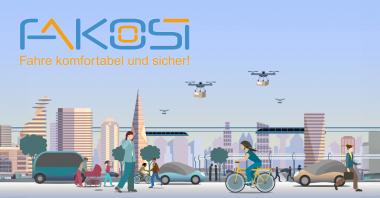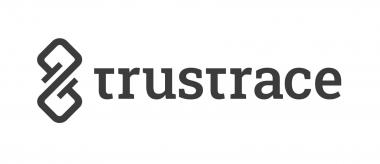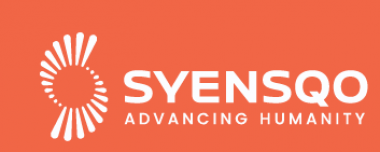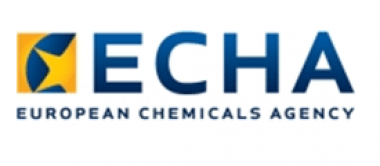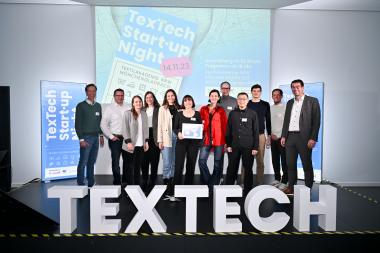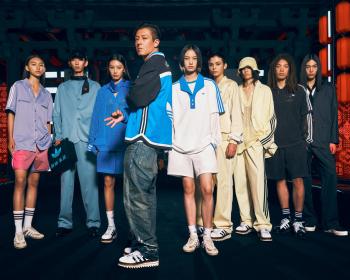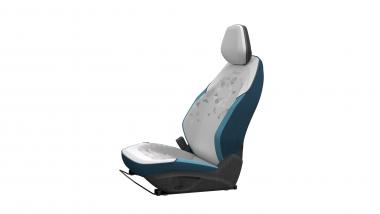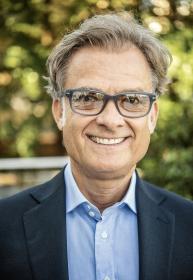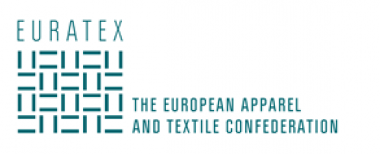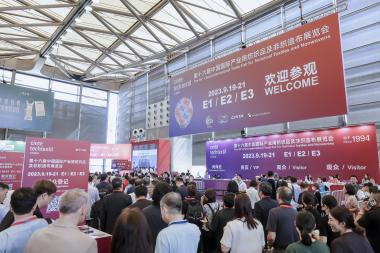Zweite Förderphase des Innovationsnetzwerkes für elektrische Leichtfahrzeuge
Das Innovationsnetzwerk FAKOSI - Komfort- und Sicherheitstechnologien für elektrische Leichtfahrzeuge (LEVs) wird für weitere zwei Jahre aus Mitteln des Zentralen Innovationsprogramm Mittelstand (ZIM) gefördert. Einen entsprechenden Antrag hat das Bundesministerium für Wirtschaft und Klimaschutz (BMWK) bewilligt. Damit werden bis September 2025 weiterhin Fördermittel für die Entwicklung von innovativen Konzepten, Systemen und Komponenten im Bereich LEVs gestellt und die technologische Wettbewerbsfähigkeit und Innovationskraft von kleinen und mittleren Unternehmen (KMU) gestärkt. Hierbei werden Schwerpunkte in den Themen Insassen- und Fußgängerschutz, Unfallvermeidung, Crashsicherheit, persönliche Schutzausrüstung sowie in der Digitalisierung und Vernetzung von Systemen verfolgt.
Um die konkreten Entwicklungsbedarfe zu adressieren vereint FAKOSI Kompetenzen in Materialwissenschaften, Leichtbau, Fertigungsverfahren, Sensorik, Informatik und weiteren naturwissenschaftlich-technischen Fachrichtungen mit mittelständischen Herstellern und Dienstleistern aus den Bereichen Machine Vision, Embedded Systems und KI. Der dadurch im Netzwerkverbund entstehende Technologie- und Wissenstransfer sichert insbesondere KMU eine hohe Wettbewerbsfähigkeit.
Aktuell sind acht Unternehmen und vier Forschungseinrichtungen an FAKOSI beteiligt. Interessierte Unternehmen und Forschungseinrichtungen sowie potenzielle Anwender:innen können weiterhin an dem Innovationsnetzwerk oder an den daraus entstehenden F&E-Projekten partizipieren. Im Zuge der Mitgliedschaft werden die Partner:innen aktiv bei der Identifizierung und Initiierung von Innovationsprojekten sowie der Sicherstellung von Finanzierungen durch Fördermittelakquise unterstützt.
Zwei Anträge auf ZIM-Projektförderung wurden im Rahmen von FAKOSI bereits bewilligt. Im Innovationsprojekt "AutoFL" strebt die Katulu GmbH den Aufbau eines automatisierten Federated Learning Ansatzes an. Unter Einbezug höchstmöglicher Data Privacy soll dieser Ansatz es kleineren und mittleren Unternehmen ermöglichen, fortschrittliche Techniken des Machine Learning zu nutzen, selbst wenn keine Data-Science-Expertise im Unternehmen vorhanden ist. Die Katulu GmbH mit Sitz in Hamburg ist auf die Entwicklung von industriellen FL-Lösungen spezialisiert. Das Unternehmen berät Industrieunternehmen aus Branchen wie Maschinenbau, Halbleiter und Chemie bei der Entwicklung souveräner und nachhaltiger Industrie 4.0-Lösungen. Im ZIM-Innovationsprojekt "WindMate" haben sich die Ventus Technologies GmbH und das Lehr- und Forschungsgebiet Fahrzeugsicherheit der Ostfalia Hochschule für angewandte Wissenschaften zusammengeschlossen, um ein wegweisendes präventives Warnsystem vor starken Windböen im Straßenverkehr zu entwickeln. Durch den neuen digitalen Assistenten soll die Verkehrssicherheit für LKW und andere Nutzfahrzeuge windanfällige Fahrzeugklassen maßgeblich erhöht werden.
Ebenfalls wurde ein Antrag auf Forschungszulage für den Zeitraum von zwei Kalenderjahren erfolgreich bewilligt. Mit dem Forschungszulagengesetz (FZulG) haben Unternehmen und Start-ups einen Rechtsanspruch auf die steuerliche Förderung ihrer Aufwendungen für Forschung und Entwicklung (F&E). Die Forschungszulage kann für bis zu vier Jahren rückwirkend beantragt werden.
Die IWS GmbH hat das Netzwerkmanagement für FAKOSI übernommen und unterstützt die Partner:innen von der ersten Idee über die Suche nach passenden Projektpartner:innen bis zur Ausarbeitung und Koordination von Förderanträgen. Die Grundlage der Finanzierung der F&E-Vorhaben soll das Zentrale Innovationsprogramm Mittelstand (ZIM) des Bundesministeriums für Wirtschaft und Klimaschutz bilden, das durch weitere Bundes- und EU-Programme ergänzt wird.
FAKOSI-Netzwerkpartner:innen: CESYS GmbH, GeBioM mbH, Katulu GmbH, Momes Gmb, SkySpirit GmbH,tagItron GmbH, Treo - Labor für Umweltsimulation GmbH, Ventus Technologies GmbH, BIBA - Bremer Institut für Produktion und Logistik GmbH, Faserinstitut Bremen e. V. (FIBRE), Fraunhofer-Institut für Fertigungstechnik und Angewandte Materialforschung IFAM, Ostfalia Hochschule für angewandte Wissenschaften
IWS Innovations- und Wissensstrategien GmbH Leichtbau Leichtbaukomponenten Faserinstitut Bremen e.V. Fraunhofer-Institut für Fertigungstechnik und Angewandte Materialforschung IFAM
IWS Innovations- und Wissensstrategien GmbH


